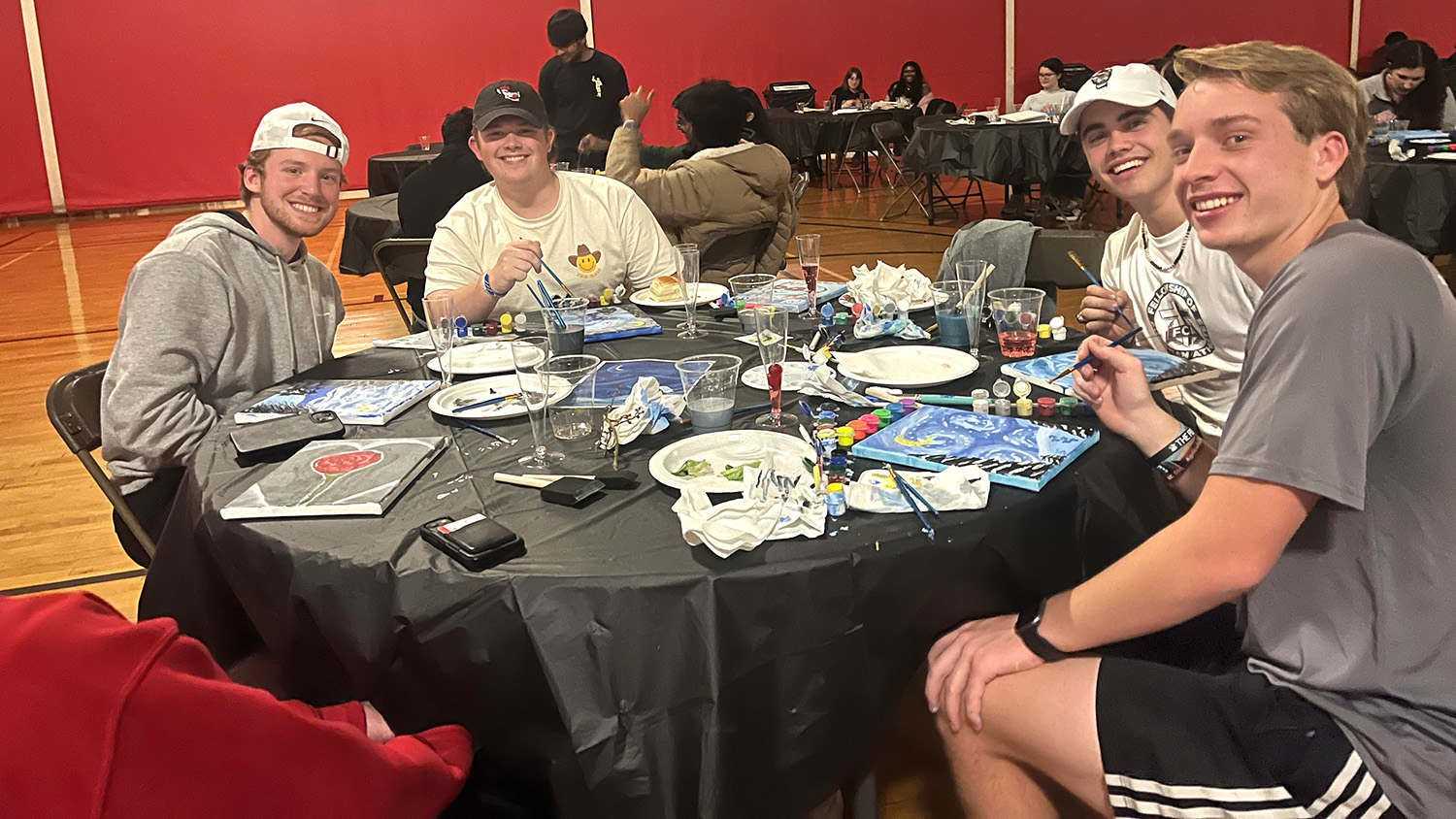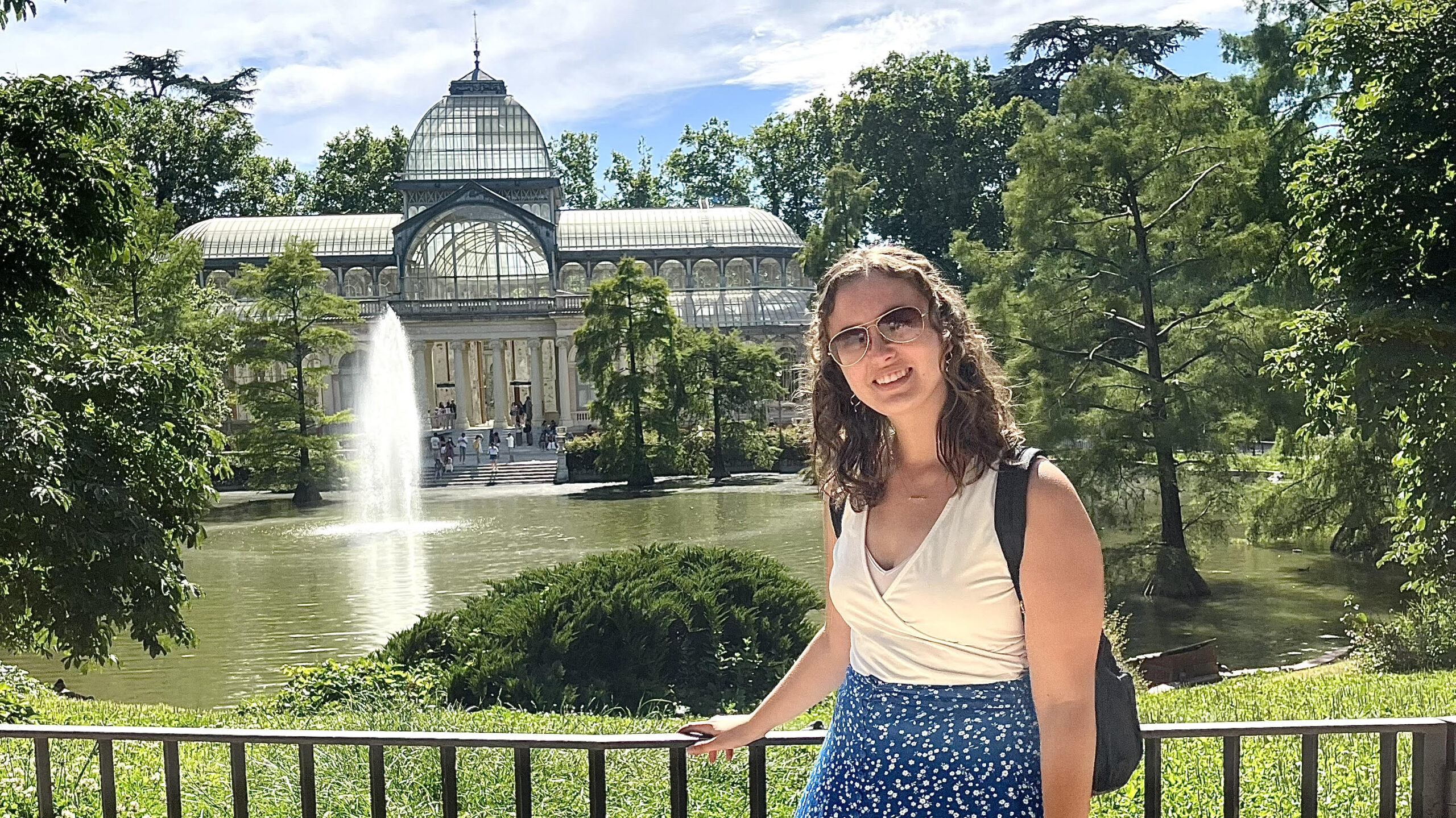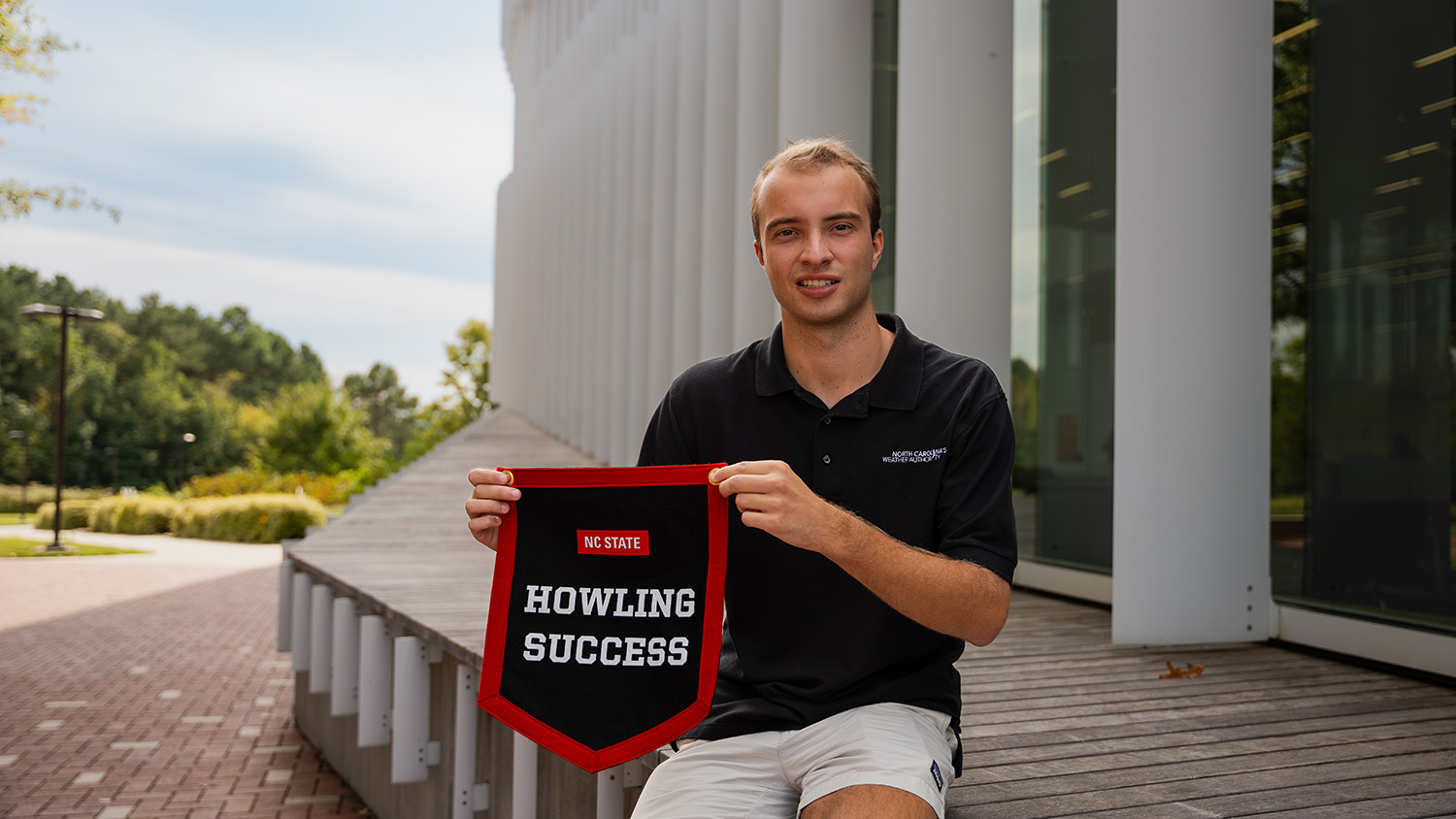Spotlight on our Students: Megan Snyder
The University Honors and Scholars Programs spoke with Megan Snyder '21 about her research project, "Stone Mountain Monument Memorial: A Symbol of White Supremacy," which she will present at the 21st Annual Undergraduate Honors Symposium at UNCG.

By Maren Carter
Megan Snyder, a senior in the University Honors Program, is presenting her research, “Stone Mountain Monument Memorial: A Symbol of White Supremacy” at the upcoming 21st Annual Undergraduate Honors Symposium at the University of North Carolina at Greensboro.
Snyder, who’s receiving her B.A. in communications with a concentration in public relations this spring, began her research while taking HON 290: Still Fighting the Civil War, with professor Susanna Lee. Snyder based her research on primary sources from minority voices, like John Brown, and compiling and analyzing texts about the monument. Snyder centered her research on the history of the minority populations of the area and the Stone Mountain Monument Memorial, saying she wanted to “show how [the] Stone Mountain Monument Memorial has been a symbol of white supremacy from the beginning [. . .] as it was originally envisioned.”
Snyder says that Stone Mountain in itself represents an important part of our country’s history, but that the “Stone Mountain Monument Memorial really only immortalizes and represents one side of the story.” She elaborated, stating that both literally and figuratively, the memorial “overshadows the minority populations of the area and their rich history.”
“For centuries, the minority groups of Stone Mountain have experienced discrimination, exclusion, racism, violence, slavery, expulsion and segregation,” Snyder said. It is their history that is in danger of being erased. Ideals of white supremacy have existed in the Stone Mountain area since the land was taken from the Native Americans, and these ideals were immortalized through Stone Mountain Memorial Monument.” By choosing to only acknowledge the Confederate history of the land, Snyder says, these harmful ideals “will only continue on.”
The Stone Mountain Memorial, a long-held topic of controversy, scales over 400 feet along the mountain face— nearly five times the height of Niagara Falls— and is carved 47 feet deep into the granite rock’s surface. The monument stands as an imposing memorial to the Confederacy, featuring generals Robert E. Lee and Jonathan “Stonewall” Jackson as well as Jefferson Davis, president of the Confederate states.
While taking professor Lee’s honors seminar, Snyder spent the entirety of the spring 2019 semester on her study. “I learned so much while taking HON 290 with Dr. Lee. It was such an insightful, interesting and fun course to take!” She says through her research process she learned the importance of adapting — “research will not always go the way you intend it to!”
Prior to “Stone Mountain Monument Memorial: A Symbol of White Supremacy,” Snyder had never conducted historical research, but did have biological research experience from a study focusing on the mechanobiology of cervical remodeling in mice during gestation. She says that her experiences with the Office of Undergraduate Research have significantly influenced her plans following graduation, leading her to apply to graduate schools that place an emphasis on research. Snyder will be starting her master of arts in communications degree at Virginia Polytechnic Institute and State University (Virginia Tech) this fall, where she plans to continue research on the “effects of mass media on marginalized people and groups.” Currently, Snyder is working on a research project concentrating on the stigmatization of COVID-19 and how it has affected Asian Americans.
Because Snyder conducted her research in the spring of 2019, she says the pandemic didn’t affect her research process, but it has changed the way she’ll be presenting her research. The Undergraduate Honors Symposium at UNCG will be held virtually this year. Sponsored by UNCG’s Lloyd International Honors College, the symposium is open to any undergraduate researchers from North Carolina honors colleges or programs.
To undergraduate students looking to get involved in research, Snyder says the best advice she can give is to “get to know your professors. So many professors are involved in really interesting research projects and are always looking for more help.”


